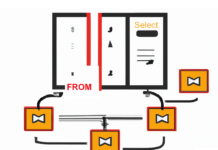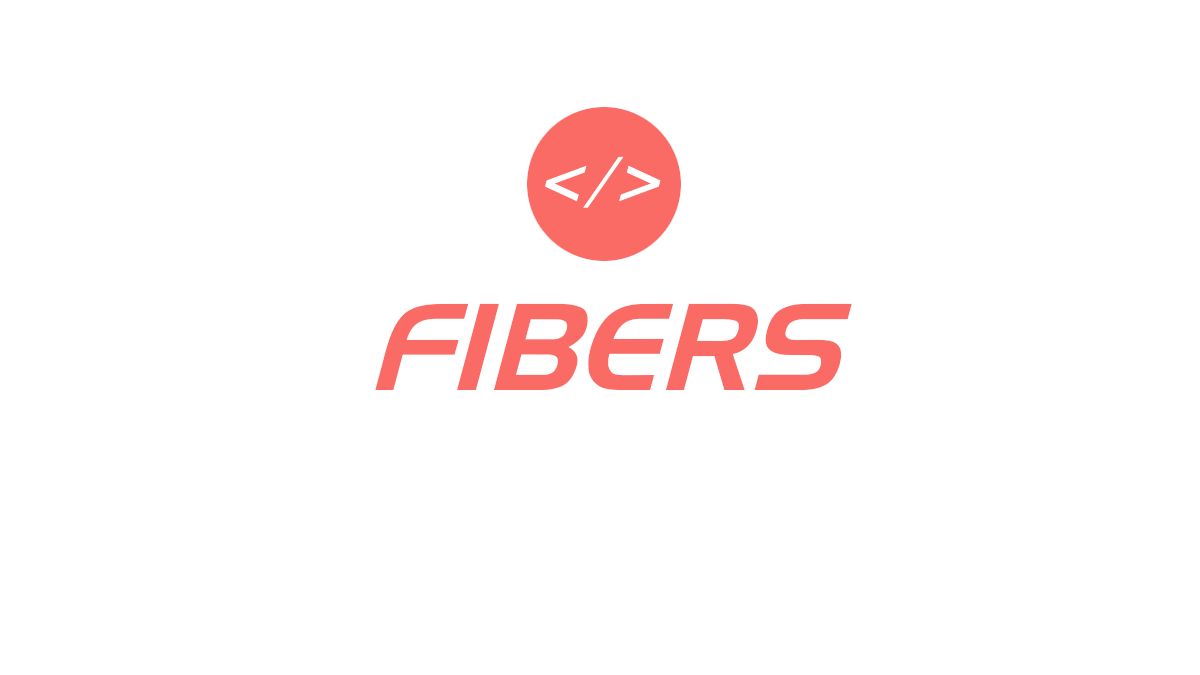As a freelancer, your contracts are your lifeblood. They provide a clear outline of your responsibilities, compensation, and expectations. However, not all contracts are created equal. Some can be overly complex, others can be misleading, and some may not protect your interests. In this article, we’ll explore what to look for and what to avoid when navigating freelance contracts.
1- The Basics of a Freelance Contract
As a freelancer, your contracts are your protection and guide for your business relationships. Understanding the basics of a freelance contract is key to ensuring that you are fairly compensated for your work and that you can protect your rights as a contractor.
Definition of a Freelance Contract:
A freelance contract is a legally binding agreement between a freelancer (also known as an independent contractor) and a client that outlines the scope of work, timeline, compensation, and other key details of the project or engagement.
Components of a Typical Freelance Contract: While freelance contracts can vary in complexity and detail depending on the project and client, most contracts will include the following components:
- Scope of Work: A clear description of the work you will be doing for the client, including any deliverables or milestones.
- Compensation: How much you will be paid for the work, including any additional fees or expenses that may be incurred during the project.
- Timeline: The expected duration of the project, including any milestones or deadlines that need to be met.
- Intellectual Property Rights: Who owns the intellectual property rights to the work you produce, and whether you retain any rights to use the work in your portfolio or for other clients.
- Confidentiality: Any restrictions on your ability to disclose information about the project or client, including non-disclosure agreements (NDAs) or other confidentiality clauses.
- Termination: The circumstances under which the contract can be terminated by either party, and any requirements for notice or compensation in the event of termination.
Why a Freelance Contract is Important:
A freelance contract provides a clear understanding of the expectations and responsibilities of both parties involved in the project or engagement. It can protect you from disputes and misunderstandings, and provide a legal framework for resolving conflicts if they arise. Additionally, having a written contract can help you build trust and credibility with your clients, and demonstrate your professionalism and commitment to delivering high-quality work.
2- What to Look for in a Freelance Contract

When reviewing a freelance contract, there are several key elements to look for to ensure that you are protected and that the terms of the engagement are fair and reasonable.
- Clear Scope of Work: The scope of work section of the contract should clearly outline what is expected of you as the freelancer, as well as what is not included in the project or engagement. This should include specific deliverables, milestones, and deadlines, as well as any limitations on your role or responsibilities.
- Payment Terms: The payment terms section of the contract should clearly outline how much you will be paid for your work, when payment will be made, and any late payment fees or penalties that may be incurred. It should also specify how payment will be made, such as via check, PayPal, or bank transfer, and whether any taxes or other fees will be deducted from your payment.
- Ownership of Work: The ownership of work section of the contract should clearly outline who owns the rights to the work you produce. This can vary depending on the project and client, but typically the client will retain the rights to use and distribute the work for their own purposes, while you may retain the rights to use the work in your portfolio or for other clients.
- Confidentiality: The confidentiality section of the contract should clearly outline how your work will be protected and what information you are allowed to disclose. This may include a non-disclosure agreement (NDA) or other confidentiality clause that prohibits you from sharing sensitive or confidential information about the project or client with others.
- Termination Clause: The termination clause section of the contract should outline under what circumstances the contract can be terminated by either party, and any requirements for notice or compensation in the event of termination. This can include situations such as non-payment, breach of contract, or changes in the project scope or timeline.
A well-written freelance contract can help establish clear expectations, protect your rights as a freelancer, and ensure that you are fairly compensated for your work. When reviewing a contract, be sure to pay close attention to the scope of work, payment terms, ownership of work, confidentiality, and termination clauses. By ensuring that these elements are clearly defined and in your best interest, you can establish a positive working relationship with your clients and set yourself up for success as a freelancer.
3- What to Avoid in a Freelance Contract
Section 3: What to Avoid in a Freelance Contract

When reviewing a freelance contract, there are also certain elements to watch out for that may not be in your best interest as a freelancer. Here are some common red flags to avoid:
- Ambiguity: Contracts that include vague or unclear terms can lead to misunderstandings and disputes down the line. Be wary of contracts that use unclear language or that leave out important details.
- Unreasonable Expectations: Contracts that include unrealistic timelines, workload, or scope of work can lead to burnout, stress, and a poor quality of work. Be sure to review the scope of work and timeline sections of the contract to ensure that the expectations are reasonable and achievable.
- Non-Compete Clauses: Some contracts may include non-compete clauses that restrict you from working with other clients in the same industry or field. These clauses can limit your ability to grow your business and take on new opportunities, so be sure to review this section carefully and negotiate if necessary.
- Payment Delays: Contracts that do not have clear payment terms or that include long payment schedules can lead to cash flow problems and financial stress. Look for contracts that include specific payment terms, such as payment upon completion of each milestone, or that require a deposit upfront.
- Lack of Ownership Rights: Contracts that do not specify who owns the rights to your work can lead to disputes and legal issues down the line. Be sure to review the ownership of work section of the contract and negotiate if necessary to ensure that you retain the rights to use and distribute your work.
Being aware of common red flags in freelance contracts can help you avoid potential issues and protect your rights as a freelancer. When reviewing a contract, be on the lookout for vague or unclear terms, unrealistic expectations, non-compete clauses, payment delays, and lack of ownership rights. By being vigilant and negotiating with clients when necessary, you can ensure that you are entering into fair and mutually beneficial working relationships.
4- Freelance contract Model

we’ve prepared a model freelance contract agreement that incorporates the tips and suggestions outlined in this article. This model agreement can serve as a starting point for creating your own contract, and you’re free to customize it to your specific needs and circumstances.
Remember, a freelance contract is a crucial component of your business, and it’s essential to ensure that it protects your interests and sets clear expectations for both parties. By following the tips and suggestions in this article and using our model agreement as a guide, you can create a comprehensive and effective contract that establishes a strong foundation for your freelance business.
Conclusion
Freelance contracts can be complex and overwhelming, but they are essential to protecting your interests as a freelancer. By understanding the basics of a freelance contract and what to look for and avoid, you can navigate the world of freelance contracts with confidence and ensure that you are protected and fairly compensated for your work.

























